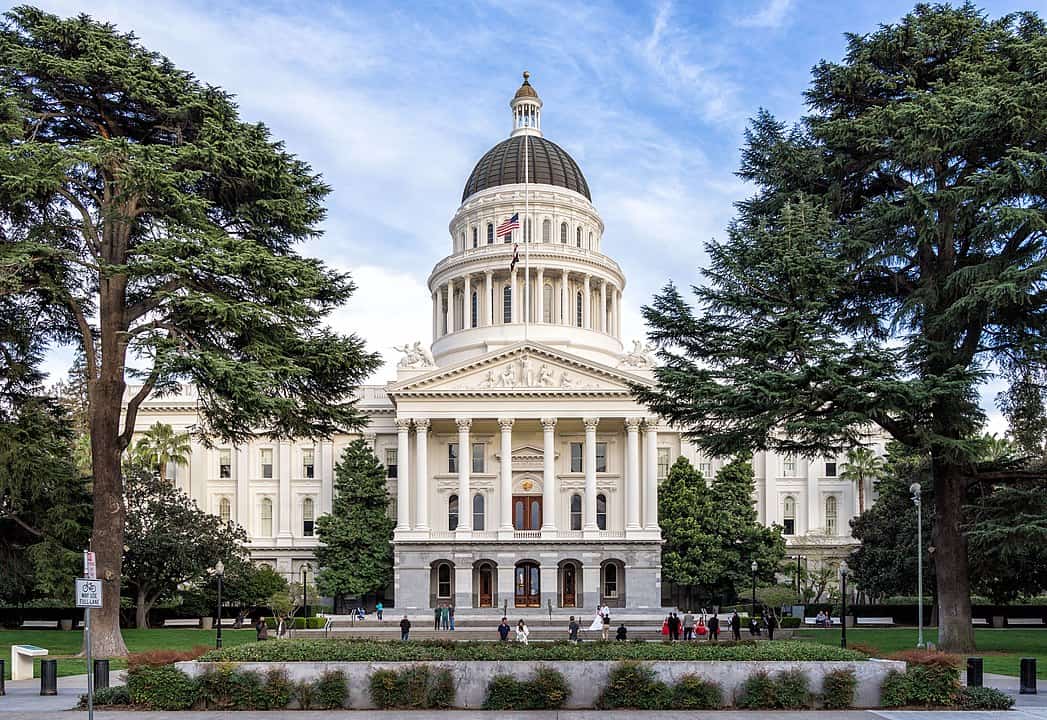Photo credit courtesy of Wikipedia.
Twenty-five survivors of childhood sexual abuse recently banded together at the California state Capitol, successfully opposing legislation they believed would have undermined their ability, and the ability of future victims, to seek justice, The Sacramento Observer reported today.
Senate Bill 832, which has since been withdrawn, proposed requiring “clear and convincing corroborating evidence” beyond a survivor’s testimony in civil sexual abuse claims. Critics of the bill said it would have made it far more difficult for survivors to be heard in court and could discourage many from coming forward at all.
In a powerful show of solidarity, the 25 survivors submitted written testimony to the California Senate Judiciary Committee, with help from a national law firm that represents victims of childhood sexual abuse. The survivors’ statements, many shared anonymously, detailed not only the abuse they suffered but the lifelong impact of that trauma—and the courage it took to speak out.
“Coming forward has taken me from the shadows of my fears and pain to standing up for myself and others who have had no voice,” one survivor wrote.
“Seeking justice is the only cure for survivors like me and others of this abuse. There is no cause to revictimize me and others again.”
Another survivor wrote: “I’m not just a number. I’m not a victim. I’m a survivor. Our voices are imperative in fixing the cracks in this shattered system.”
Several of the testimonies came from survivors who had been abused while in foster care or juvenile institutions. Many described years of being ignored or dismissed by the very systems designed to protect them. They argued that SB 832 would have compounded that harm by forcing survivors to meet an unrealistic evidentiary threshold.
“This bill tells us we have to prove our pain, document our trauma and meet impossible standards just to be believed,” one survivor stated. “That is not justice. That is retraumatization.”
The bill’s defeat was welcomed as a significant victory for survivors’ rights in California. In addition to expressing gratitude for being heard, the survivors reaffirmed their commitment to broader reforms—calling for improved oversight of institutional settings, trauma-informed care for abuse victims, and a cultural shift away from shielding abusers.
“We are grateful we didn’t have to beg for our humanity to be seen. We are thankful our voices were heard,” one survivor wrote.
A representative from the law firm that helped coordinate and deliver the testimonies emphasized the importance of keeping survivors’ voices front and center in the legislative process: “Our role is to amplify their voices and ensure they are never silenced again, whether in courtrooms, hearings or legislation.”




